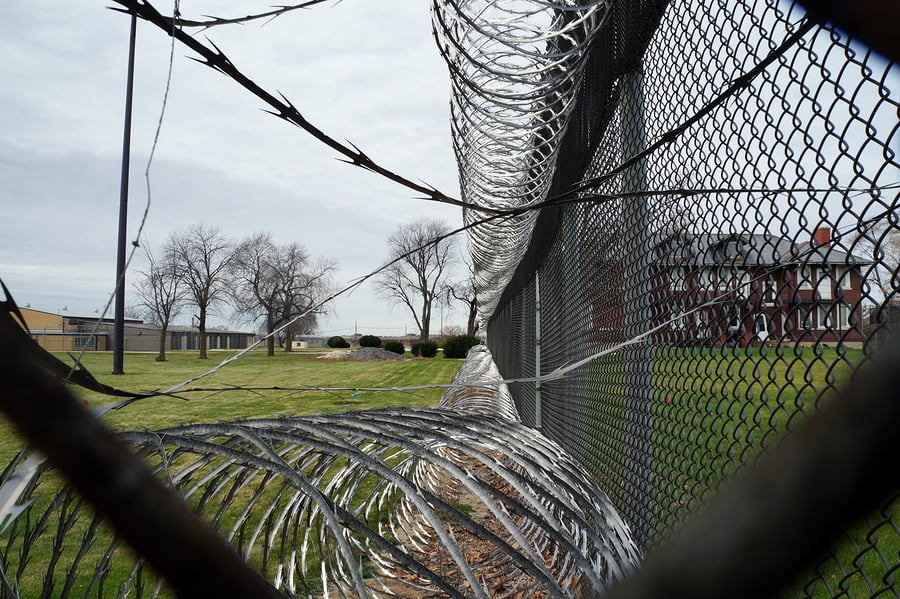As a parent or guardian of a juvenile, you are probably overcome with worry and anxiety when your child is detained at a juvenile detention center.
You may be wondering…
Is my child learning bad behaviors from the other juveniles there?
Is my child’s health and safety a priority for this juvenile facility?
Does the staff know about the gang activity in this facility?
Will the staff notify me if my child is sick, ill or injured?
What is being done at the facility to protect my child from getting beat up or victimized?
What do you do if your child is injured?
The Root of the Problem at DJJ
In this day and age, there is a new culture of teens with more troubled pasts. Single parent latch key kids are finding ways into the juvenile justice system and the violence result is staggering.
Violence in detention centers, jails, holding facilities, and prisons has been a long standing problem across the country. Specifically, the Department of Juvenile Justice has been under the microscope.
Many changes are underway due to an incident that occurred at DJJ February 26, 2016, including riot procedures. What started as a fire ended with the destruction of property and one teen escaping the DJJ facility. One such change will affect the disciplinary policy at the detention center. The new policy will increase punishment as any misbehavior escalates. Another change concerns the use of solitary confinement, stemming from allegations raised by the SC chapter of the American Civil Liberties Union that a very high number of children are put in solitary.
What else can be done?
One thing is for sure — the way DJJ operates right now is not working. Instead of working to rehabilitate young offenders and help put them on the path to becoming successful adults, DJJ is breeding an environment of violence. This violence only likens the odds that young offenders will become adult offenders.
Juvenile offenders need strong counseling and a good academic program to accomplish the end goal. Without this groundwork, how can they expect to release productive members of society? Things have got to change.
Fortunately, there is hope. We now have a new DJJ director who seems to be open to changing every part of the system that isn’t working as it should be. We need to recognize that the juveniles are not the problem. The system and how we handle these offenders is the problem.
Suspect Your Child is Being Abused?
If you suspect your child is or has been abused, beat up, and suffered physical injuries as a result of the juvenile’s incarceration, contact a SC juvenile crime attorney who can guide you through the situation.
While your juvenile was in a facility to be rehabilitated, your juvenile does not deserve to suffer physical injuries at the hands of juvenile gang members. SLED has a task force dedicated to investigating gang activities within juvenile facilities. Contact an attorney who is familiar with these types of injuries to help you along.
Call us at 843-607-9800 for a free consultation or complete our online form, so we can get in touch with you.



